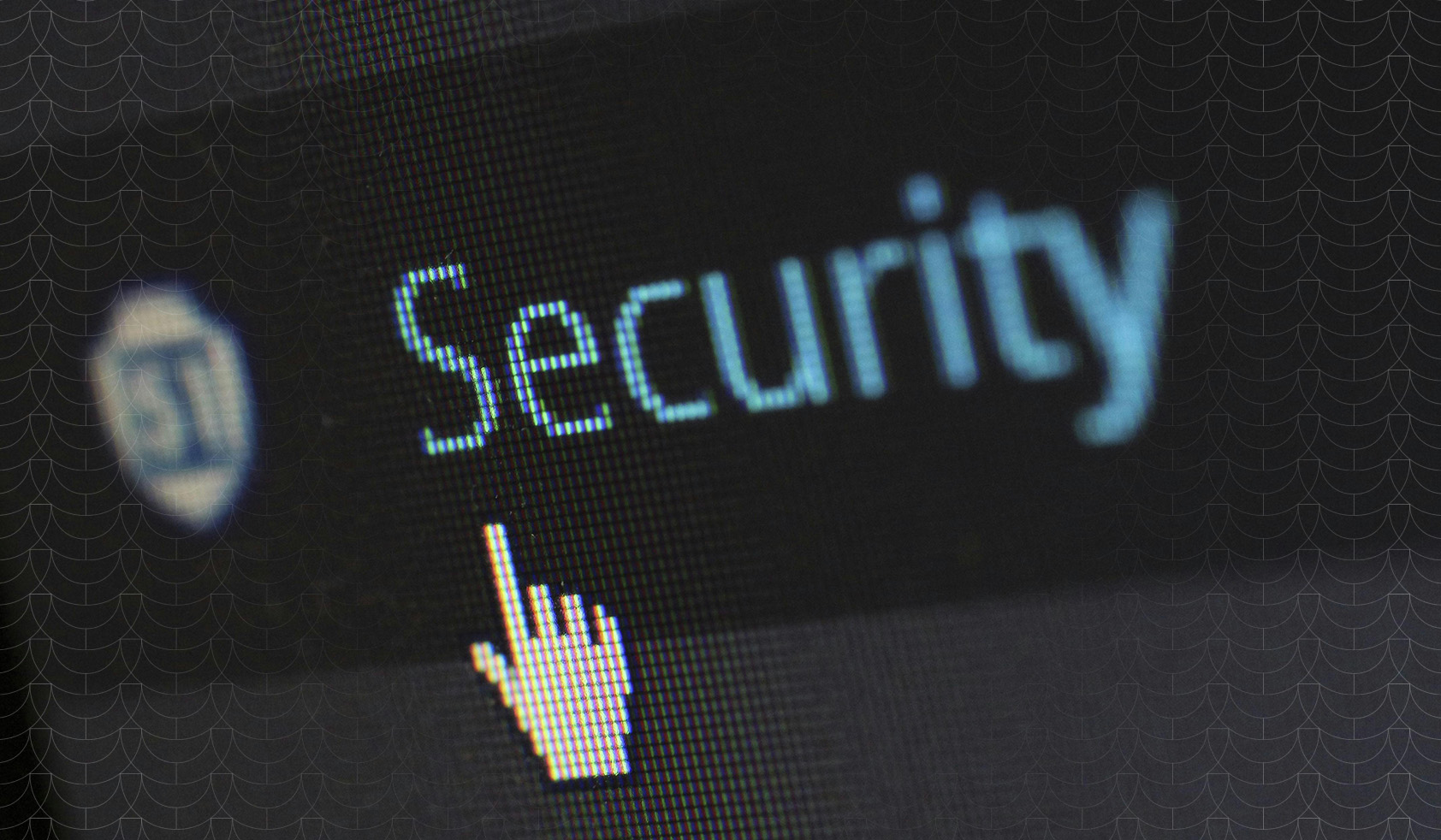The Irrefutable Importance of Access Control in Smart Buildings
.webp)
Smart buildings are becoming increasingly popular due to their ability to enhance convenience, energy efficiency, and security. With advancements in technology, buildings can now be equipped with state-of-the-art automation systems that allow for seamless control and management.
As we look to the future of building security and safety, the transition to smart buildings is inevitable. Buildings are becoming smarter, more efficient, and more interconnected, and with this growth comes new security risks. For this reason, it is critical for building managers and security professionals to understand the central role of access control in this transition. Access control systems serve as the gatekeeper for any building, ensuring only authorized personnel have access to certain areas or systems. In this blog post, we'll explore the importance of access control in smart buildings and why it's crucial for end-users, integrators, and security managers to invest in these systems.
Access control in interconnected smart buildings
In the world of smart buildings, access control has a central role in maintaining the overall security and safety of the building. Building automation systems can often be complex, and it's critical to ensure that only authorized personnel access these systems. A sophisticated access control system provides an added layer of security, guaranteeing that all entry points are protected, and only authorized personnel gain access. Access control is not only essential for keeping a building secure but also for ensuring that all systems within the building operate efficiently.
The growth of the electronic physical access control equipment market
According to Omdia, the global electronic physical access control equipment market is set to grow to $9.6 billion by 2027, an impressive CAGR of 7.5%. The high growth is due to the increasing importance of access control in interconnected smart buildings. Mobile credentials, in particular, are cited as a dominant trend in the access control market, with over 50 million mobile credentials downloaded globally in the past year or so. With the rise of mobile technology, access control systems are becoming more sophisticated and easier to use. This trend is sure to continue, ensuring that access control systems continue to evolve and keep up with this fast-moving industry.
Access control integrations
As smart buildings become more widespread, we see access control systems increasingly integrated with other building systems. Access control systems have the highest attachment rate to Building Management System (BMS) platforms, with 33% in 2022. In addition, video surveillance is the most frequently integrated equipment type with an access control system.
Access control equipment is also being integrated with intrusion detection equipment, and the attach rate is growing in certain sectors, such as education and retail, where safety concerns are paramount. Additionally, access control systems are connecting with the energy domain, helping to enable more efficient energy use and enable energy savings in the long term.
The role of access control in the transition to a smart building
Finally, access control equipment plays an instrumental role in leading end-users to consider a transition to interconnected smart building system architectures. By investing in sophisticated access control systems, end-users can mitigate security risks and increase safety while also improving the overall efficiency of their building. Smart buildings rely on a range of interconnected systems to operate effectively, and access control is a critical component in making all of these different systems work together seamlessly.
Conclusion
Access control forms the backbone of efficient and secure buildings, playing a crucial role in the transition to smart buildings. The global electronic physical access control equipment market is forecast to grow at a CAGR of 7.5% to $9.6 billion by 2027. As smart buildings become widespread, access control systems will continue to evolve and integrate with other building systems such as energy management and video surveillance, ensuring that security systems stay ahead in this ever-changing landscape. It's essential for end-users, integrators, and security managers to understand the central role of access control in smart buildings and invest wisely to ensure that their buildings are secure, safe, and future-ready.
So, it's no longer a question of if you'll invest in access control for your smart building, but rather when. Don't wait until it's too late - make sure your building is equipped with the right access control system to meet your security and convenience needs today and in the future.
Let Acre security be your trusted partner in securing your smart building with our cutting-edge Access Control.
Contact us today to learn more and get started on your journey towards a safer and smarter building.




.png)